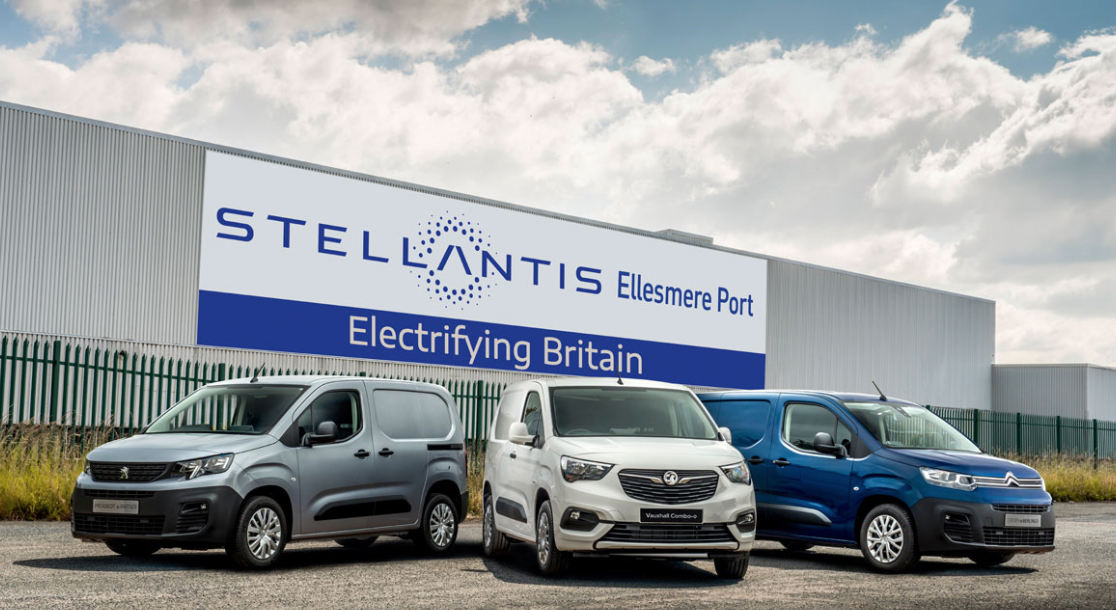
Stellantis threatens to leave UK and urges for more battery production sites

Mid 2021, Stellantis was still announcing to boost EV production in its Ellesmere Port facilities /Stellantis
British car plants will close with the loss of thousands of jobs unless the Brexit deal is swiftly renegotiated, Stellantis warned. Ford als


Comments
Ready to join the conversation?
You must be an active subscriber to leave a comment.
Subscribe Today